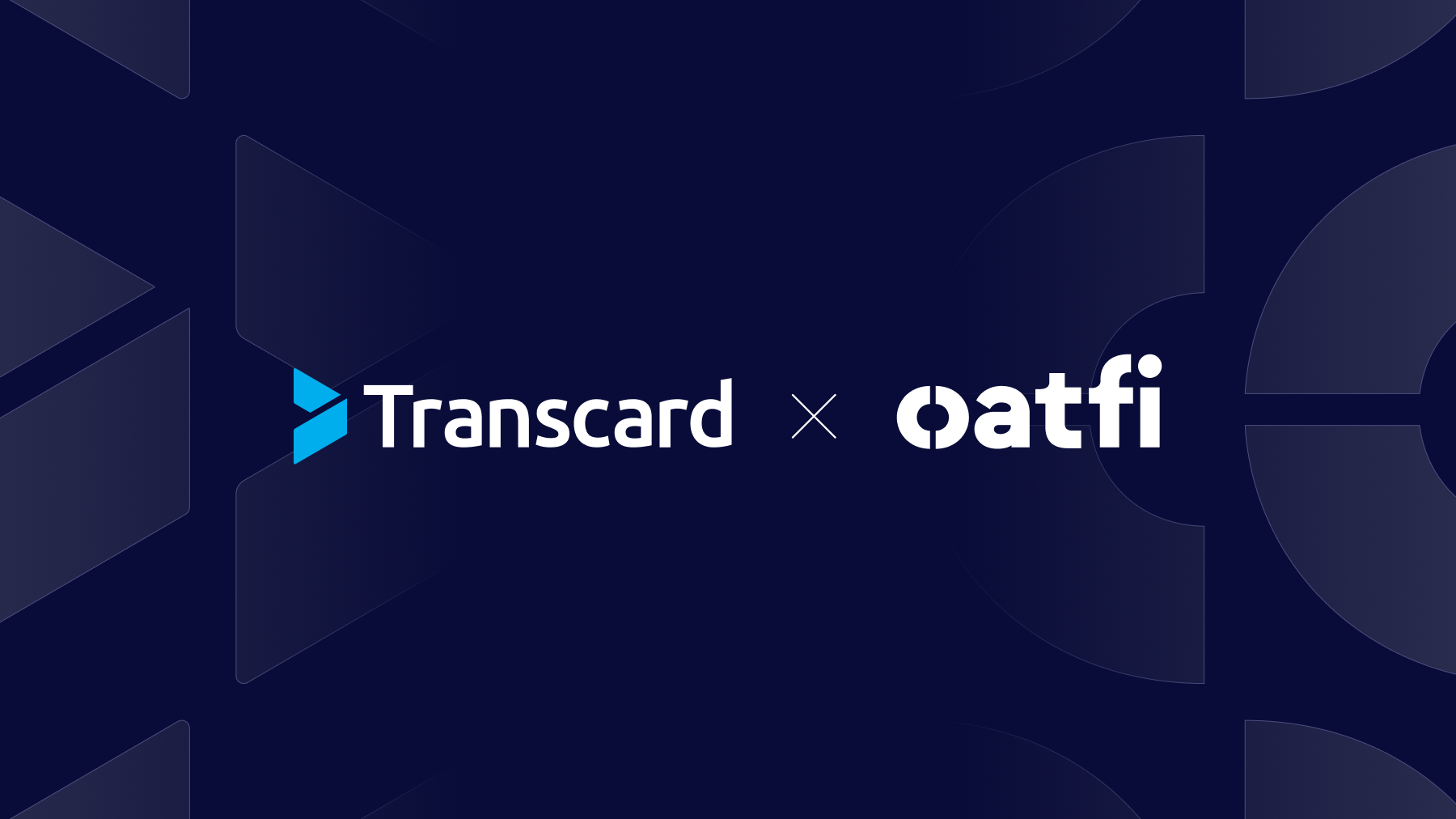Tightly managing cash is essential to navigating a crisis.
CFOs must ensure that they have enough cash and liquidity for the business to operate. This is especially true for CFOs that lead highly leveraged companies, those with unstable cash flows and those in industries that are hard hit by the crisis. Cash flows will likely decelerate. Suppliers will ask for faster payment. Credit markets may tighten. The cost of financing will rise. Forecasting cash may be challenging. Stock market volatility could make it unattractive to issue new stock offerings.
While massive injections of capital into credit markets and fiscal stimuli to support businesses help, these measures often fall short of solving the cash flow challenges businesses face during a crisis.
Given the importance of cash flow, businesses need a plan.
That is where omni-channel payment solutions come in.
4 Ways Electronic Payments Strengthen Liquidity and Cash Flow
Paying suppliers with an omni-channel payment solution helps strengthen liquidity and cash flow.

 Free up cash on existing revenue. Credit typically is tighter during a crisis, requiring businesses to secure additional funding sources at a reasonable cost, The Hackett Group notes. U.S. companies had $1.3 trillion tied up in excess working capital during 2019, an increase over the previous year, The Hackett Group adds. Businesses need cash to keep operations running, pay off debt, avoid costly borrowing and make strategic investments.
Free up cash on existing revenue. Credit typically is tighter during a crisis, requiring businesses to secure additional funding sources at a reasonable cost, The Hackett Group notes. U.S. companies had $1.3 trillion tied up in excess working capital during 2019, an increase over the previous year, The Hackett Group adds. Businesses need cash to keep operations running, pay off debt, avoid costly borrowing and make strategic investments.
Paying suppliers electronically enables businesses to free up cash on existing revenues. Businesses can earn rebates based on the amount of spend they pay with a virtual card. And when you consider that disbursements for raw materials, utilities and most other expenses can be made with a card, a business could potentially earn sizeable rebates from virtual cards.
In fact, it is not uncommon for a business to convert 30 percent of its corporate spending to virtual cards, resulting in millions of dollars in new free cash from rebates.
Businesses can also free up cash by paying suppliers with ACH+ transactions, or Real-Time Payments (RTPs), which are faster and more secure, and accompanied by more robust remittance detail than normal ACH transactions – all for an additional fee. Buyers receive a share of the standard interchange for ACH+ transactions as a rebate.
Finally, businesses can generate new free cash from interchange fee share by paying contractors and others who work on a 1099 basis with reloadable debit cards and payroll cards. Freeing up cash on existing revenues by paying suppliers electronically can mitigate the impact of tight credit.
 Extend Days Payable Outstanding (DPO). During a crisis, buyers must balance their need to preserve cash with their suppliers’ desire to get paid faster. Paying suppliers with virtual cards enables buyers to instantly extend their DPO – a measure of the average amount of time it takes a business to pay its suppliers – without changing their payment terms to suppliers.
Extend Days Payable Outstanding (DPO). During a crisis, buyers must balance their need to preserve cash with their suppliers’ desire to get paid faster. Paying suppliers with virtual cards enables buyers to instantly extend their DPO – a measure of the average amount of time it takes a business to pay its suppliers – without changing their payment terms to suppliers.
Since the funding for the card program is provided by the buyer’s bank, and the payback period only kicks in once the payment is initiated, many virtual card-paying businesses can extend their DPO by weeks. Since payments made via virtual cards go through an accounts-payable approval process, buyers can also better manage payment timing and spending.
 Improve forecasting. Protecting liquidity and mitigating the potential impact of cash flow disruptions on bond and debt covenants and stock prices requires businesses to provide senior management with real-time forecasting. In an uncertain environment, decision-makers must take calculated risks based on ever-changing data. Omni-channel payment solutions connect data sources to aggregate payment information onto a single platform.
Improve forecasting. Protecting liquidity and mitigating the potential impact of cash flow disruptions on bond and debt covenants and stock prices requires businesses to provide senior management with real-time forecasting. In an uncertain environment, decision-makers must take calculated risks based on ever-changing data. Omni-channel payment solutions connect data sources to aggregate payment information onto a single platform.
Users can instantly access the personalized and in-context insights they need to make cash flow decisions. The status of payments can be instantly viewed, along with the payment history. Understanding short- and long-term liabilities helps uncover areas of financial exposure. And the detailed financial data on electronic payments made via an omni-channel payment solution enables decision-makers to better manage their company’s cash. It also helps CFOs identify how many weeks of liquidity the company has under stressed business scenarios.
 Reduce costs. The economic upheaval caused by any crisis requires businesses to take immediate and aggressive actions to reduce expenses. Paying suppliers electronically is one opportunity to reduce cost. Electronic payments streamline payment operations. It costs 30 times as much to pay a supplier with a paper check than with an electronic method, the National Automated Clearing House Association (NACHA) says.
Reduce costs. The economic upheaval caused by any crisis requires businesses to take immediate and aggressive actions to reduce expenses. Paying suppliers electronically is one opportunity to reduce cost. Electronic payments streamline payment operations. It costs 30 times as much to pay a supplier with a paper check than with an electronic method, the National Automated Clearing House Association (NACHA) says.
A single payment file upload initiates payment to all a buyer’s suppliers; instructions are parsed, and payments are automatically remitted in all payment methods. This eliminates the need to log in to multiple banking systems and wipes out the costs of printing and mailing paper checks. What is more, integrating electronic payments with the general ledger of an ERP provides fast payment reconciliation and eliminates the keying of data or the decoding of banking messages. And paying supplier electronically significantly reduces the possibility of payment fraud losses.
CHOOSE THE RIGHT TOOLS FOR YOUR BUSINESS
Managing a crisis is challenging. But with the right tools, businesses are not only able to come out intact, they are well-positioned to seize opportunities for future growth and competitive advantage.
Omni-channel payment solutions are an essential tool for doing just that. The technology helps CFOs free up cash on existing revenues, extend DPO, improve cash forecasting and reduce costs.
Omni-channel payment solutions are what CFOs need in good times and bad.




